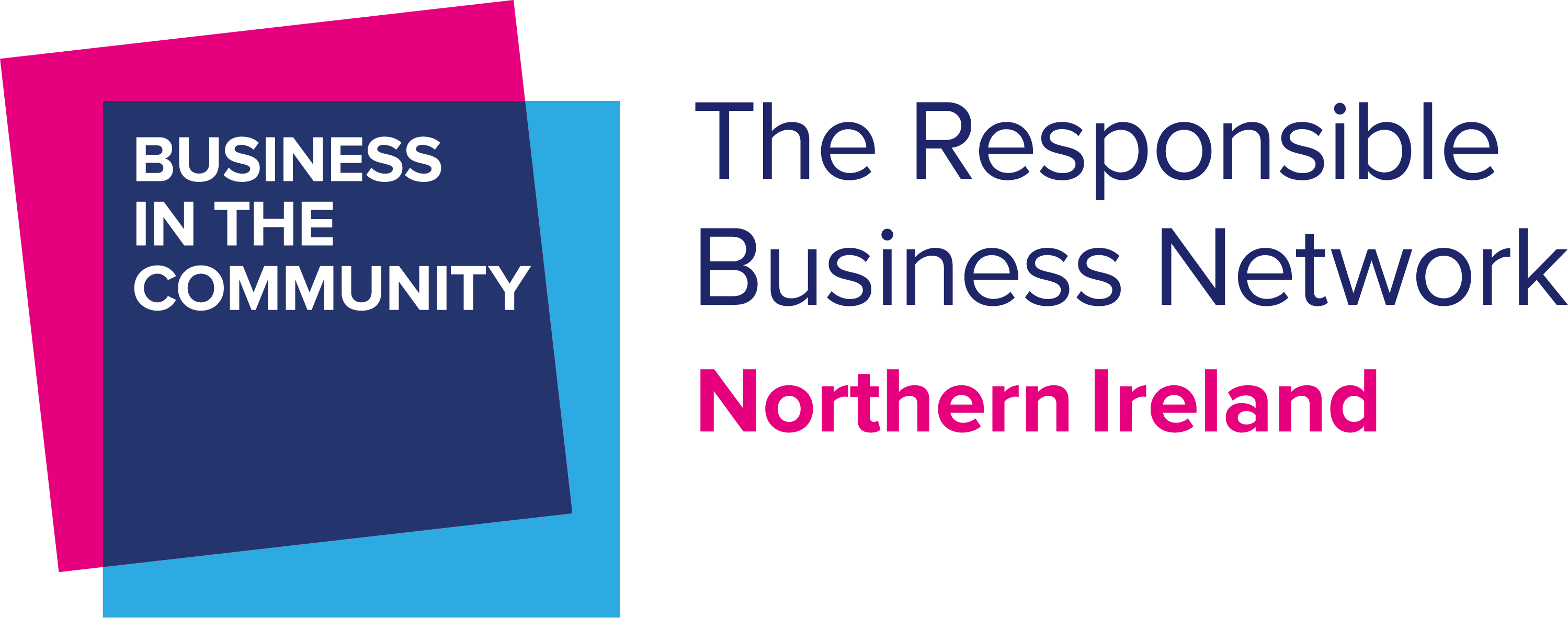Listening to our youth is the key to making Tomorrow’s World work

 This week, we held our third Responsible Business Summit, bringing together organisations to look at what opportunities and challenges Tomorrow’s World might hold and how businesses might best prepare.
This week, we held our third Responsible Business Summit, bringing together organisations to look at what opportunities and challenges Tomorrow’s World might hold and how businesses might best prepare.
With more than 40 speakers from leading businesses, government, education and the NGO sector, the event provided a varied and stimulating environment for companies to explore the issues their businesses may face in the future.
The day started with a packed CEO Breakfast Forum, in partnership with the CBI, on The Importance of Trust for Good Business. The panel included leading thinkers on social inclusion and poverty, along with the CEO of the Joseph Rowntree Foundation, Julia Unwin, who cautioned us on the need for businesses to revise the ‘contract’ they have with employees and to take more responsibility for in-work poverty. Paul Drechsler, CBI President, admitted there was still work to be done on building trust but wanted the audience to remember that it’s the irresponsible actions of a few that tend to tarnish the entire private sector. Local economist and educationalist Professor Neil Gibson talked about the need for businesses, and indeed government, to take responsibility rather than blaming someone or something else when anything goes wrong. The refreshing honesty of the panellists and the robust discussion that followed, chaired by home-grown broadcaster and journalist Declan Curry, went a long way towards energising the audience of 80+ Chief Executives.
Having set the scene with business leaders, the main Summit – involving around 250 delegates, from a wide range of local businesses – started with a highly energetic and illuminating presentation by BT’s Futurologist Dr Nicola Millard about ‘A Vision for the Future’. Nicola’s prediction of the death of Dolly, Dr No, Dilbert, and Distance – plus the growth of Diversity and Droids – was an engaging and, at times, frightening look at how different the world of work might look in 10 or 15 years’ time. It provided a stark, yet exciting, backdrop for the discussions in various plenary and breakout sessions for the remainder of the day.
A few key themes came out strongly during the day: one being the need to prepare for an ageing workforce, along with the fact that we will have up to five generations in the workplace in the years ahead. In contrast, The Big Education Debate plenary session, which involved employers, a head teacher, the Education Minister, and the head of our curriculum body – in addition to around 40 children from a range of primary and post-primary schools across Northern Ireland – put the focus firmly back on young people, who will be our workforce and leaders of the future.
As you would expect, many speakers talked about the boundless possibilities opened up by the growth of digital technologies, with innovation and creativity being discussed in pretty much every session. We even used digital technology ourselves to connect to a speaker in Switzerland, who was unable to travel to the event—a sustainable approach, as well as an innovative and cost-effective one!
From talk of Über kittens to aquaponics and sustainable food production, to the possibilities opened up to businesses and individuals by 3D printing, delegates had their minds stretched and their curiosity piqued throughout the day.
For me, the resounding message that came through again and again was the power of possibility and the need to listen to our young people – people whose minds have developed alongside the digital revolution and who are used to using computers for pretty much everything. Those are the people, we were told, who have the big, world-changing and life-changing ideas that are going to shape ‘Tomorrow’s World’, and they are also the people who will lead us in the future.
Listening to, and acting on, the ideas of young people isn’t something businesses or governments are necessarily used to doing, and it may require some changes to culture, processes and systems in order to be able to stretch the boundaries of traditional business to explore those ideas.
It seems, however, that if we aren’t prepared to do that, we should expect to stagnate, to become irrelevant, and to be out of touch – and we ultimately won’t survive. The need for a more sustainable approach to doing business was behind every aspect of the event, and it was clear by the end that we’ll only be sustainable if we are prepared to be bold, to embrace change and to do things differently in the future.
Tomorrow’s World belongs to our young people. Let’s help them to shape it responsibly and to make it a world that works for everyone.


